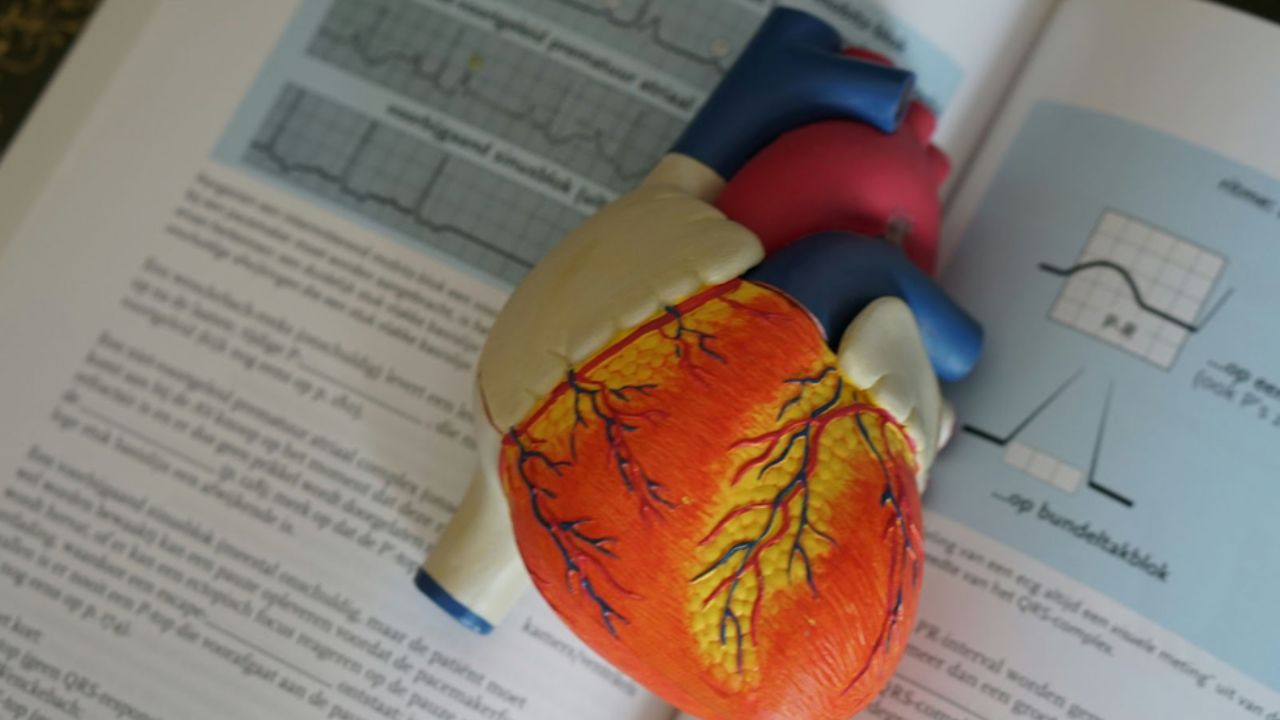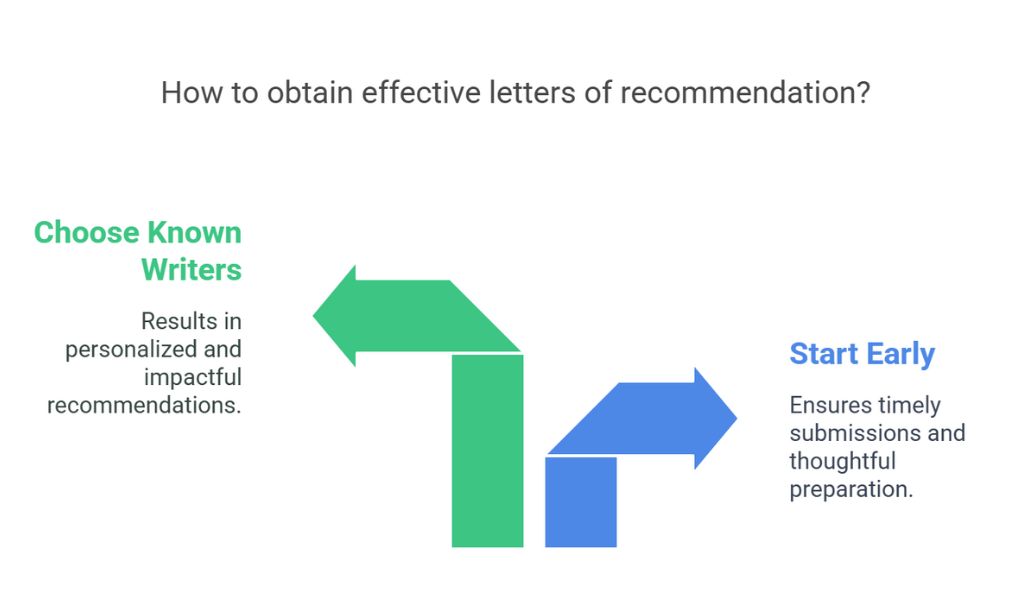Applying to medical school is a highly competitive and complex process. With thousands of qualified candidates vying for limited seats, even small mistakes can hurt an applicant’s chances. To maximize success, aspiring doctors must avoid common pitfalls that admissions committees frequently encounter.
This article outlines 10 critical mistakes to steer clear of during the medical school application process, along with actionable advice to strengthen submissions.
For applicants seeking additional guidance, medical school admissions consulting services can provide personalized strategies to refine applications, though self-awareness and careful preparation remain essential.
1. Procrastinating on Application Materials
Many applicants underestimate the time required to complete primary and secondary applications, leading to rushed essays and missed deadlines. The AMCAS, AACOMAS, and TMDSAS systems open in May/June, and submitting early can significantly boost chances.
Solution:
- Start drafting personal statements and activity descriptions months in advance.
- Create a timeline for MCAT prep, application submissions, and interviews.
2. A Weak or Generic Personal Statement
Admissions committees read thousands of personal statements, and a cliché or unfocused essay can make an applicant forgettable. Common errors include overly dramatic patient stories, lack of self-reflection, or failing to explain why medicine is the right path.
Solution:
- Focus on specific experiences that shaped your decision to pursue medicine.
- Show, don’t just tell—use anecdotes to demonstrate growth and passion.
- Seek feedback from mentors or medical school admissions consulting experts.
3. Poor School Selection Strategy
Some applicants apply only to top-tier schools without considering mission fit, while others apply too broadly, wasting time and money. A lack of research into program specifics [e.g., focus on research vs. primary care] can lead to rejections.
Solution:
- Apply to a balanced mix of reach, target, and safety schools.
- Prioritize programs aligned with your experiences and career goals.
4. Neglecting Secondary Applications
Many students treat secondary essays as an afterthought, submitting generic responses or missing deadlines. Schools use secondaries to gauge genuine interest, so rushed submissions can be detrimental.
Solution:
- Pre-write essays for common prompts [e.g., diversity, challenges, “Why this school?”].
- Tailor each response to the specific program’s values.
5. Overlooking the Importance of Letters of Recommendation
Weak or impersonal letters can raise red flags. Some applicants ask for recommendations too late, leading to rushed submissions, or choose writers who barely know them.
Solution:
- Request letters early from professors, physicians, or supervisors who can speak to your abilities.
- Provide recommenders with a resume and bullet points about your strengths.
6. Failing to Demonstrate Clinical Experience
Medical schools want proof that applicants understand the realities of patient care. Some candidates have minimal shadowing or clinical volunteering, making their commitment seem questionable.
Solution:
- Aim for 150+ hours of clinical experience [volunteering, scribing, EMT work, etc.].
- Reflect meaningfully on these experiences in essays and interviews.
7. Ignoring Non-Clinical Volunteering
While clinical experience is crucial, schools also value community service. Applicants who lack altruistic involvement may appear unprepared for medicine’s humanistic side.
Solution:
- Engage in sustained volunteer work [e.g., tutoring, homeless shelters, global health initiatives].
- Highlight leadership and impact in application descriptions.
8. Underpreparing for Interviews
Some applicants treat interviews casually, failing to research schools or practice responses. Poor body language, lack of enthusiasm, or weak answers to ethical questions can lead to rejection.
Solution:
- Practice mock interviews with mentors or peers.
- Prepare for MMI [Multiple Mini Interview] scenarios if applicable.
9. Not Addressing Red Flags Proactively
Low GPA/MCAT scores, gaps in education, or institutional actions require explanation. Ignoring these issues can make admissions committees skeptical.
Solution:
- Use optional essays to explain challenges without making excuses.
- Highlight improvements [e.g., post-bacc work, stronger MCAT retake].
10. Submitting Without Proofreading
Typos, grammatical errors, or incorrect school names in essays suggest carelessness—a major red flag for detail-oriented fields like medicine.
Solution:
- Proofread multiple times and use tools like Grammarly.
- Have a trusted advisor review all materials.
Takeaways
Avoiding these mistakes can significantly enhance an applicant’s chances of acceptance. While the process is demanding, careful planning, self-reflection, and attention to detail can make a difference. For those needing extra support, professional guidance may help—but ultimately, a strong, authentic application is the key to success.
By steering clear of these common errors, applicants can present their best selves to admissions committees and move closer to achieving their medical career goals.




































